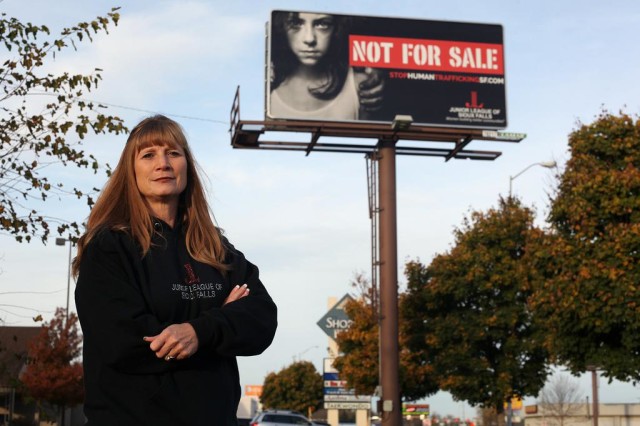On January 19 and 20, Shared Hope International will return to Focus on the Family radio network. Our 2-part series, Human Trafficking: What You Need to Know, was selected for the Best of 2015 lineup, airing this month. We invite you to tune in, and invite everyone you know to tune in as well.
Recently, Focus on the Family sent us this note from one parent who
happened to tune in at just the right time. What happened next will bring you to tears.
“When I heard your broadcast on human trafficking, my heart broke. My daughter, who was 13 years old at the time, was experiencing all the signs that the guest described, and I was truly worried. I decided to search my daughter’s room and much to my alarm, I found stripper clothing and wads of money. When I discovered these things, I knew that it was no accident that I just ‘happened’ to be driving and I clicked on the radio at the exact time of your radio program. I knew that God had specifically provided for me. My father’s heart was pierced, and I called and spoke to one of the [Focus on the Family] counselors, who helped me contact help and place my daughter into a residential treatment center. Thank you for airing this broadcast because through it you have saved the life of a precious child from the chains of slavery.”
Please join us and invite everyone you know. You don’t know the impact it will make and the lives it might save. Join us January 19 and 20. Find a station in your area or listen online.








